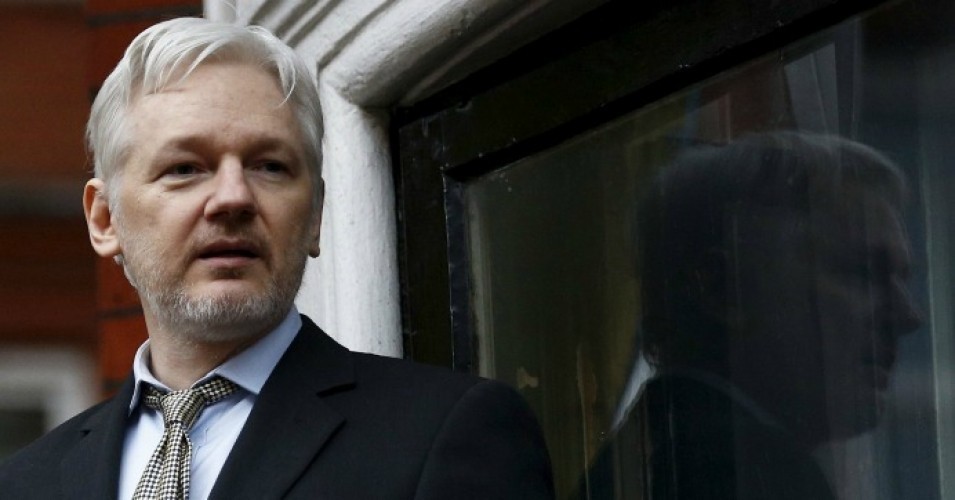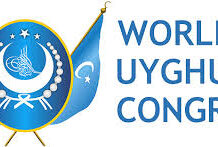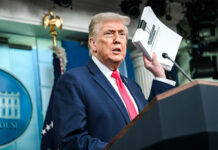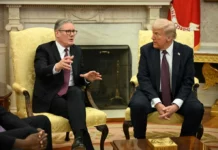GENEVA: An independent rights expert will visit WikiLeaks founder Julian Assange at the Ecuadoran embassy in London to assess whether privacy violation claims involving him merit investigation, the UN rights office said Thursday.
“The Special Rapporteur on the right to privacy, Joe Cannataci, plans to meet WikiLeaks founder Julian Assange on 25 April,” the UN office said in a statement.
The meeting will take place at the Ecuadoran embassy in London, where Assange has been living for more than six years, and would be facilitated by the Ecuadoran government, it said.
The announcement came after Quito filed a formal complaint to Cannataci accusing WikiLeaks of spreading private information linked to President Lenin Moreno.
Photos, videos and private conversations appeared on portals such as Twitter and Facebook.
Moreno was also forced to deny allegations of corruption which surfaced on the website inapapers.org, with the president claiming he knew who was responsible for the accusations.
An informed source said the special rapporteur would also investigate allegations made by Assange that his privacy had been violated during his time holed up in the embassy.
“The UN expert said the meeting would help determine if there exists a prima facie case of violation of privacy that warrants further investigation,” the UN statement said.
In an interview broadcast by several Ecuadoran radio stations this week, Moreno said:
“Assange has too often repeatedly violated the agreement we have with him and his legal team,” without saying whether Ecuador would withdraw asylum.
Another UN rights expert, Nils Melzer, meanwhile voiced alarm Friday at reports that Ecuador was preparing to expel Assange from its embassy, and said he planned to investigate the case.
WikiLeaks tweeted Thursday that it had learned through a high-level Ecuadoran source that Assange would be expelled within “hours to days”.
“In my assessment, if Mr. Assange were to be expelled from the Embassy of Ecuador, he is likely to be arrested by British authorities and extradited to the United States,” said Melzer, who is the UN Special Rapporteur on torture.
“Such a response could expose him to a real risk of serious violations of his human rights, including his freedom of expression, his right to a fair trial and the prohibition of cruel, inhuman or degrading treatment or punishment,” he warned.
“I therefore urge the government of Ecuador to abstain from expelling Mr. Assange from its embassy in London, or from otherwise ceasing or suspending his political asylum until such time as the full protection of his human rights can be guaranteed,” he added.
Assange sought refuge at the Ecuadoran embassy in 2012 to avoid extradition to Sweden, where he faced accusations of sexual assault that prosecutors in Stockholm have since abandoned.
Assange has refused to leave the embassy to avoid extradition to the United States to face charges over his website publishing huge caches of hacked State Department and Pentagon files in 2010.
The 47-year-old Australian denies the rape claims, and said he feared Sweden would pass him on to US authorities if he was extradited. The Swedish chief prosecutor dropped proceedings against him in 2017 because going ahead and serving notice of charges would necessitate Assange’s presence in court. AFP







